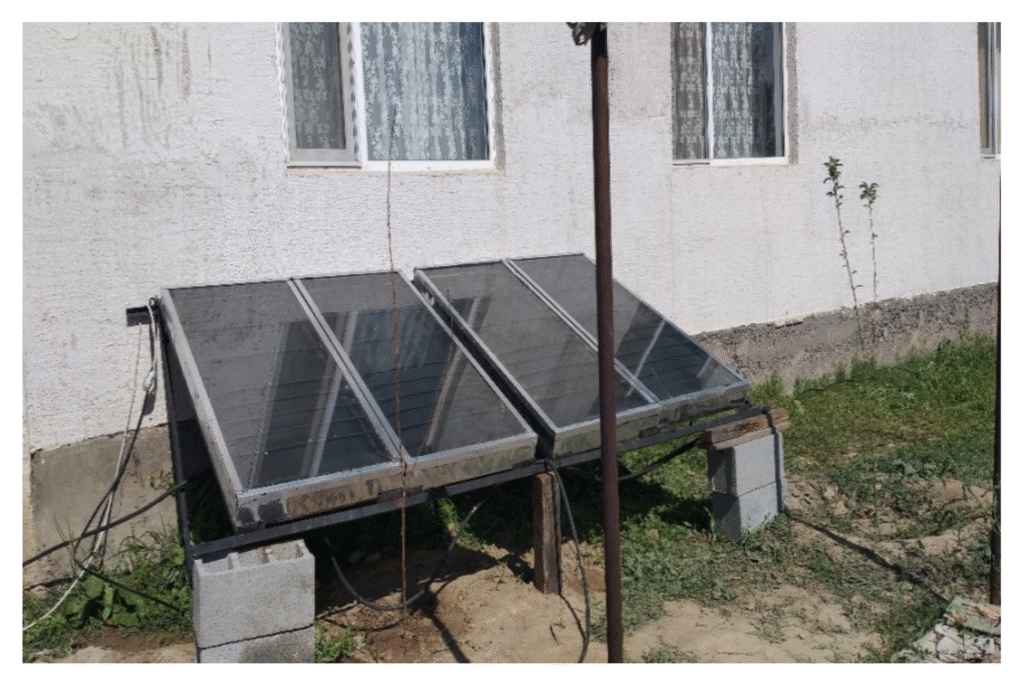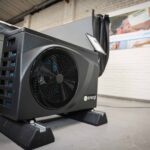In the modern construction industry and industrial settings, climate control has become more crucial than ever. Controlled environment panels play a pivotal role in maintaining the ideal conditions for temperature-sensitive spaces. These areas could include everything from food storage rooms and pharmaceutical labs to data centres and cleanrooms. The ability to control temperature and moisture precisely ensures compliance with strict regulations and quality and safety for sensitive products.
Control environment panels, such as SIP (Structural Insulated Panels), metal-insulated panels, and SIP panels, are increasingly crucial in meeting high-performance requirements due to the growing need for energy efficiency and sustainable architecture. These panels can be used to seal and insulate spaces that require a controlled environment. They help minimise temperature fluctuations and optimise energy consumption.
Controlled Environments Are Important
Temperature-sensitive spaces are critical in pharmaceuticals, food storage, and technology industries. For example, pharmaceutical laboratories require that medicines be stored at specific temperatures to maintain their potency. The food storage facility must also adhere to stringent requirements to preserve quality, prevent food spoilage, ensure safety, and maintain food integrity. Data centres, which house sensitive technology, can only function optimally with effective cooling. These environments can suffer from product damage, regulatory violations, or costly downtime if they do not have proper temperature control.
It becomes obvious that controlled environment panels are needed in such environments. These panels have been designed to regulate humidity, air quality, and temperature to provide a stable space. The panels keep the temperature constant by blocking out external heat and cold. The result is a system that uses less energy and provides consistent performance at lower costs.
How Controlled Environment Panels Work
The panels have been designed to offer the best insulation. They consist of layers of materials that act as thermal barriers, effectively isolating temperature-sensitive spaces from external fluctuations. Metal insulated sheets and SIPs, among others, are used to create controlled environments.
- Steel Insulated Panels: Metal insulated panels are a great choice for a controlled environment due to their superior insulation properties. These panels are composed of a metal face, such as steel, aluminium, and other durable metals, sandwiching a foam-filled core. The metal face provides durability against the external elements. At the same time, the foam core is insulating and has a higher R-value to resist heat transfer. This design works well in environments with extreme temperature variations or where constant cooling is needed.
- Structured Insulated panels (SIP): SIP panel manufacturers produce highly efficient panels made of a core of foam sandwiched by two outer layers. Usually, these are oriented strand board (OSB). SIPs have a good combination of thermal and structural resistance. They also resist moisture. This makes them an ideal choice for controlled-environment applications where maintaining both the physical structure and the temperature integrity of the building is crucial. SIPs can provide superior insulation over traditional framing systems, ensuring the interior atmosphere remains stable without heavy heating or air conditioning.
Controlled Environment Panels Have Many Benefits
- Increased Energy Efficiency: Using controlled-environment panels has many advantages, including their ability to improve energy efficiency. Metal insulated sheets and SIPs provide excellent insulation that can reduce the constant heating or air conditioning requirement. By reducing the heat exchange between the inside and outside, the energy required to maintain optimum temperatures is drastically reduced. This lowers energy bills and contributes to sustainability goals by minimising a building’s footprint.
- Compliance: The temperature regulation in certain industries, such as food processing or pharmaceuticals, is very strict. These regulations help to keep products within safe boundaries, which helps prevent contamination, degradation and spoilage. Controlled-environment panels can help meet the regulatory requirements for temperature and humidification control.
- Improved Product Integrity: Maintaining constant conditions preserves the integrity of products. Fluctuations can cause chemicals to react or spoil, which makes products unusable or unsafe. Businesses can use metal-insulated SIPs or panels to create stable environments, ensuring their products are in the best possible condition, improving quality, and reducing waste.
Conclusion
In conclusion, controlled environment panels, including metal insulated panels and SIPs, are essential to maintaining temperature-sensitive spaces. These panels can reduce energy use and protect products by creating a stable interior environment. SIP panel producers are critical in providing advanced building materials to industries which demand precision and high quality. As demand increases for energy-efficient and environmentally friendly buildings, controlled environmental panels will play a crucial role in the future of industrial practices and construction.






